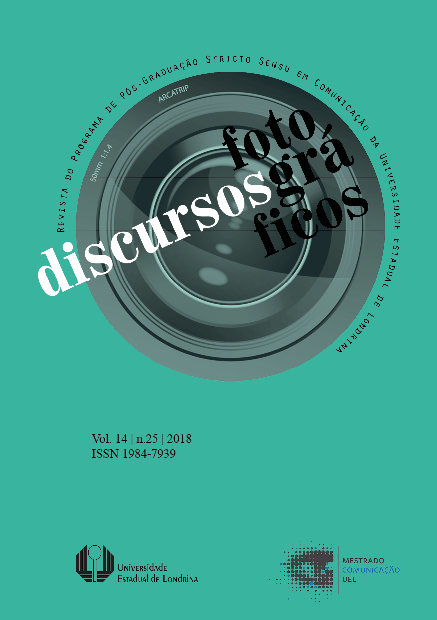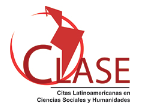Telebasura y lenguaje coloquial. La búsqueda de un comportamiento ¿humano?
DOI:
https://doi.org/10.5433/1984-7939.2018v14n25p14Resumo
Dentro de la programación televisiva, destacan ciertos programas que son muy criticados por las escenas en las que se desarrollan, los personajes que aparecen y el contenido que muestran. Reciben el nombre de ‘telebasura’ y muestran ‘realidades’, que sirven de experimentos sociológicos y nos informan de los cotilleos de la farándula. De estos programas, surgen personajes que se convierten en modelos de conducta debido al gran poder de atracción del medio en el que se emiten. Sin embargo, ¿estos programas también pueden influir en nuestra forma de hablar y comunicar? Desde una perspectiva lingüística y educativa, se va a evaluar cómo en un medio de comunicación en el que prima lo visual a lo comunicativo, existen ciertos programas que obligan a un lenguaje específico por el contenido que muestran, y de qué manera pueden llegar a repercutir en el lenguaje coloquial de manera significativa. Con este trabajo nos disponemos a definir unos parámetros lingüísticos y comunicativos característicos de dicho género tan criticado. Pretendemos exponer la importante influencia de la telebasura en un registro idiomático familiar y determinar, cuál es la intencionalidad pragmática que lo anima. Por tanto, analizaremos el fenómeno de la telebasura desde una perspectiva lingüística y comunicativa y su influencia en la población española.Downloads
Downloads
Publicado
2018-12-03
Como Citar
Úcar, P., & Castro, Álvaro. (2018). Telebasura y lenguaje coloquial. La búsqueda de un comportamiento ¿humano?. Discursos Fotograficos, 14(25), 14–45. https://doi.org/10.5433/1984-7939.2018v14n25p14
Edição
Seção
Seção Especial
Licença
Discursos fotográficos adota a licença CC-BY-NC, esta licença permite copiar e redistribuir o material em qualquer meio ou formato, remixar, transformar e desenvolver o material, desde que não seja para fins comerciais. E deve-se atribuir o devido crédito ao criador.

Este obra está licenciado com uma Licença Creative Commons Atribuição-NãoComercial 4.0 Internacional.



















